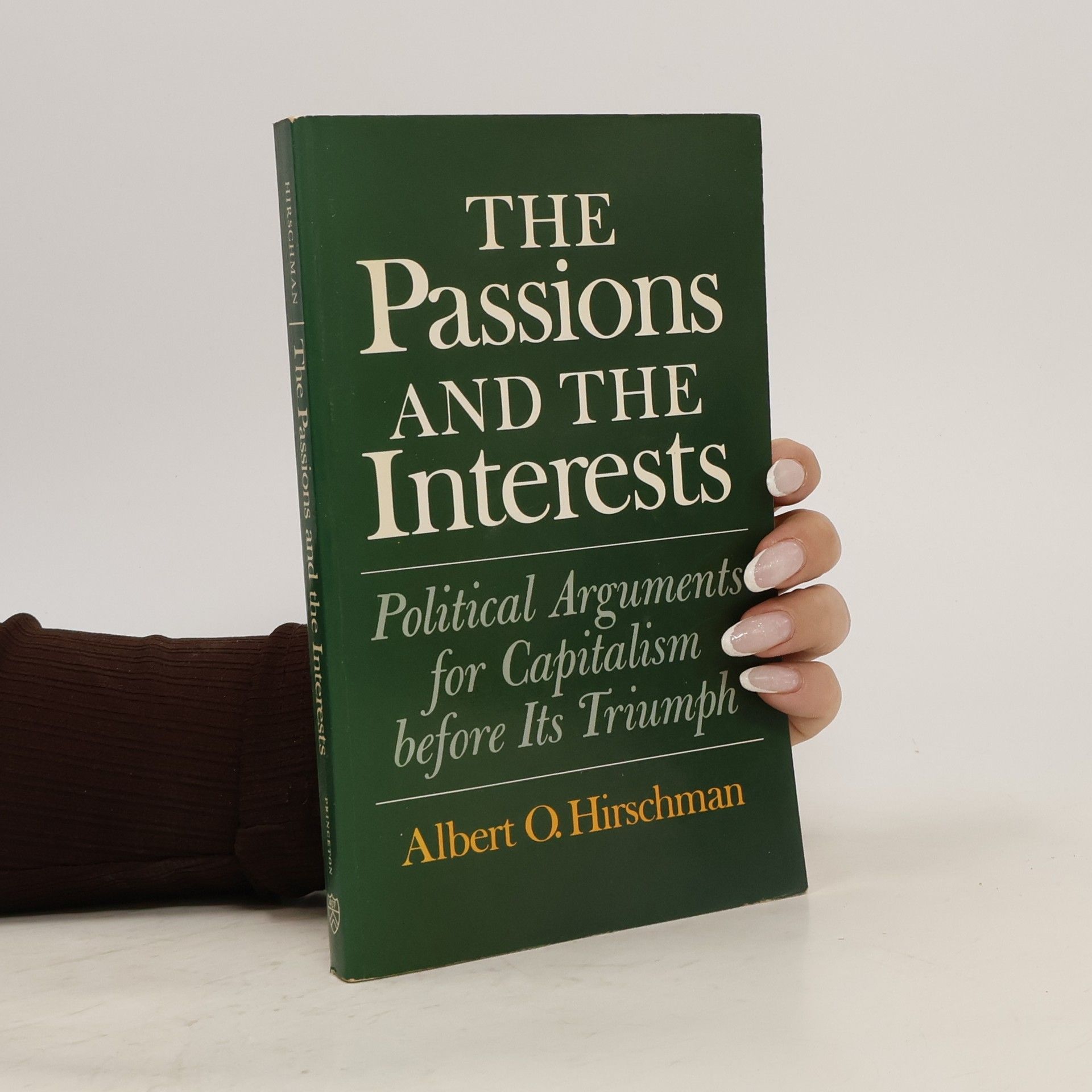Three Continents
Political Economy and Development of Democracy in Europe, the United States and Latin America
- 230 stránek
- 9 hodin čtení
The book presents a comprehensive exploration of political and economic themes across Western Europe, the United States, and Latin America, shaped by Albert O. Hirschman's personal experiences during the fascist era. It includes previously unpublished writings on European integration and essays addressing contemporary issues in developed nations, alongside reflections on South America. Hirschman offers innovative perspectives on pressing challenges, advocating for mutual understanding, economic growth, and democratic progress across these regions.






